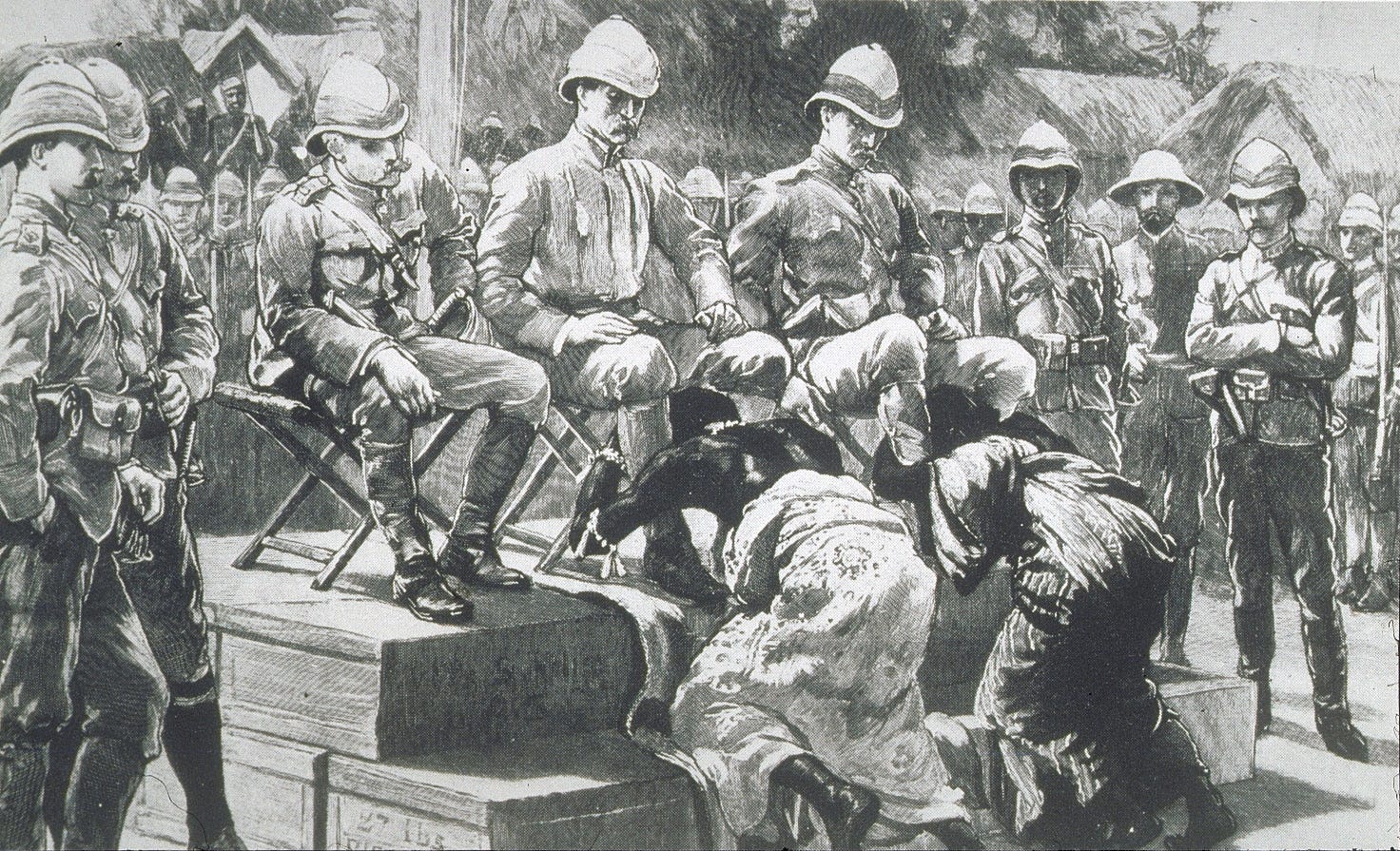
Critical response to Ngugi Wa Thiongo “The Language of African Literature.”
“The language of my education was no longer the language of my culture” – says Ngugi Wa Thiongo in his text “The Language of African Literature.” Unfortunately, today, when people learn about the attitude of people subjected to the English colonies society adjoins the opinion that England is too exalted country, which imposes its foundations and rules. “When in Rome, do as Romans do.” In his work, Thiongo refers to the history of his family, saying that every word, dialect, and pronunciation had an enormous value among their people. Their native language Gikuyu was what they were proud of. People who live in the shadow of another nation and never feel freedom can negatively affect them. I share feelings of the author that a native language should be spoken in countries of origin, be an essential language of its nation and no one should build their colonies, change the language of national literature and impose foreign language.
An excerpt from the story encourages us to reflect on the values of the language; the author wrote this story for those who idealize England too much and to support those who suffered from the invasion. Communication is what we value, what we love and what we share our feelings with other people. As Tiongo said: “In my view language was the most important vehicle through which that power fascinated and held the soul prisoner.” We are taught to speak from an early age. Since school years, we have been studying grammar, literature, and everything related to our native language. And now imagine that they took away from you what you communicated through, what you shared, it can be compared with the fact that you cut off your hands. Imagine for a second how many thousands of languages existed before the English colonies and how many dead words became after it. Moreover, as described in the author’s text such a phenomenon causes guilt in the native language, misconduct in the culture and their values. After all, different cultures and nations had their individuality, and it is pretty hard to argue that English is one of the easiest to learn. It turns out people simplify their lives, and make it simpler and annoying. Languages made this world more vivid and diverse; now English is considered to be generally accepted and international. But is it good? In my opinion, everything has two sides. On the one hand, there is a relatively simple language through which people from different parts of the world can communicate, but on the other hand, there is an active devaluation of their language. People who live in the shadow of another nation and never feel freedom can negatively affect them. In the past, Britain was a powerful country, a metropolis with many colonies throughout the world. Some people believe this country has lost almost all of its territory outside of Europe. Maybe, but the cultural influence of Britain not only on Kenya but also on many nations and countries is undeniably significant.
Ngugi believes that conflicts in society are not responsible for the diversity of African culture, but for colonialism and its dangerous consequences. Although Africa was a religious and diverse country before the arrival of the missionaries, there was still a certain sense of harmony and unity among its people. But “…then I went to school, and this harmony was broken.” British colonists came from different parts of England, and the language of people from different regions differed in pronunciation, in their use of lexical words. Consequently, the pressure from the colonists was enormous and dealt a big blow to the language. For some reason, the thought that people are trying to set their own rules and impose their culture on other people who are not guilty of anything makes think about a different outcome of the Second World War. What if Hitler had conquered all the lands on which he attempted? Then many languages would disappear; they would not be used and would consider them dead as Greek or Latin. Most European migrants left their homeland due to political oppression. They moved in search of freedom, adventure and new opportunities that were not available in their home. This was the case when people came to someone else’s house with their own rules.
For my personal view, Thiongo wanted us to understand African literature such as a mirror for society. He claims that literature is used as a reflection of our traditions for the uniqueness of our culture. According to all of this, literature should provide knowledge for the younger and older generations. In other words, recalling the past, it must reflect the history so that the new generation will realize the richness of its pre-colonial culture. With such a large-scale problem, which left a massive mark in the history of many countries it is necessary to fight. It is essential to defend the rights of one’s language and culture, to try to renew the printing of literature not only in international language but also in the native one. Each country has the right to its style and to defend it is necessary in any case, no matter how hard the pressure from the environment, no matter what punishment may be for it. No one has the right to invade and destroy someone else’s, especially when it comes to the inheritance of the next generations, because apart from the literature the rest of the ancestors, small countries can remain without knowledge of their own culture. No one is obliged to live by the rules of another state and be like each other.
The country’s history is inextricably linked with its literature. Thus, studying African, American or other countries’ literature, we cannot touch their history. Each work relates to one or another historical period. So, in the story of Ngugi Wa Thiongo author engages us on a personal journey, using ordinary language that supports his simplicity and which directed to all its readers. So, such people as the author and his family are forced to remember the time of colonialism. That’s why a lot of people understood and heard her justified cry of the soul about that England is not such a gorgeous kingdom as it seems.



